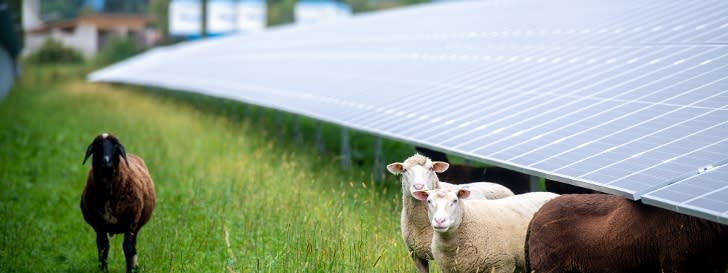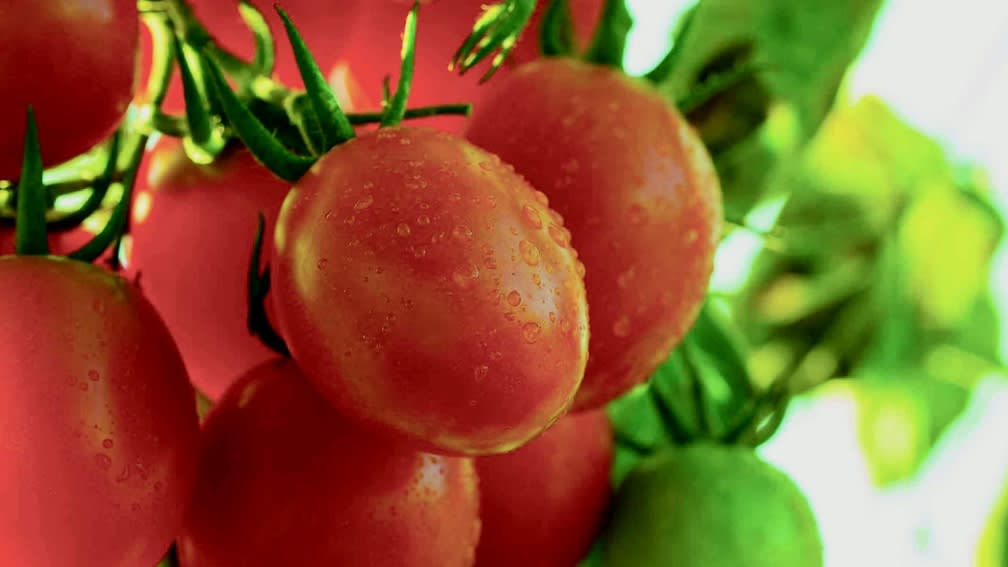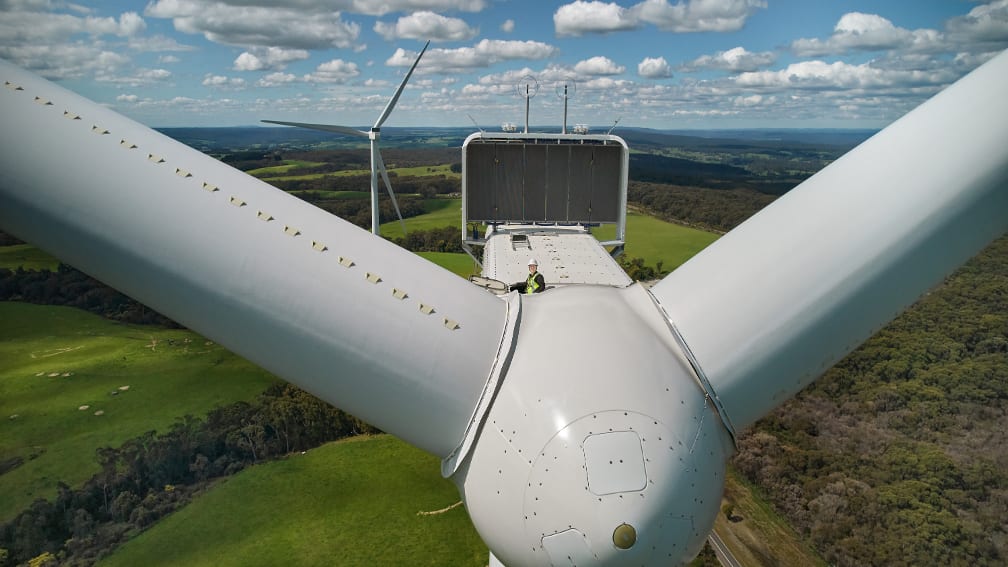
Environment & Climate
Responsibility for the Environment & Climate
As a globally active company in the fields of agriculture and food, construction and housing, as well as electricity, heating and mobility, BayWa has an impact on the environment and the climate through its business activities. The company aims to reduce negative effects as far as possible and contribute to protecting the basis of life, for example with its climate strategy and forward-looking environmental management. BayWa has a significant lever for reducing greenhouse gas emissions in the area of transportation and logistics. In addition to climate and energy, it has also defined water, ecosystems and biodiversity as core topics in its new sustainability strategy.
Climate Neutrality by 2030
BayWa aims to be climate-neutral in its Scope 1 and 2 emissions by 2030. BayWa has set itself this goal as part of its climate strategy and is thus making its contribution to the fight against climate change. Our motto for this is "avoid, reduce, then offset". This means that we first try to completely avoid or at least reduce operational emissions by implementing new technologies, for example, before offsetting the remaining residual emissions with high-quality climate protection certificates.
What are Climate Protection Certificates?
The climate protection certificates originate from climate protection projects that have been evaluated and selected on the basis of the Group guidelines. Criteria such as project type, project standard, host country and the number of Sustainable Development Goals (SDGs) supported are weighted in order to select only those projects that make an effective contribution to climate protection.
Climate Goals at a Glance
- The targets include a 100% Group-wide supply of electricity from renewable energies from 2020 (achieved!).
- Furthermore, the company has set itself the goal of reducing GHG emissions from BayWa sites, company cars and its own logistics by 22% by 2025 compared to 2017 (achieved! -23% by 2022).
- BayWa has also set itself a relative energy target in its climate strategy: to achieve a 22% reduction in energy intensity per euro of EBITDA by 2025 compared to 2017 (achieved! -65% by 2022).
- BayWa also aims to create 10 gigawatts (GW) of additional renewable energy generation capacity by 2025. These four targets have been achieved early (achieved! +11.9 GW by 2022).











